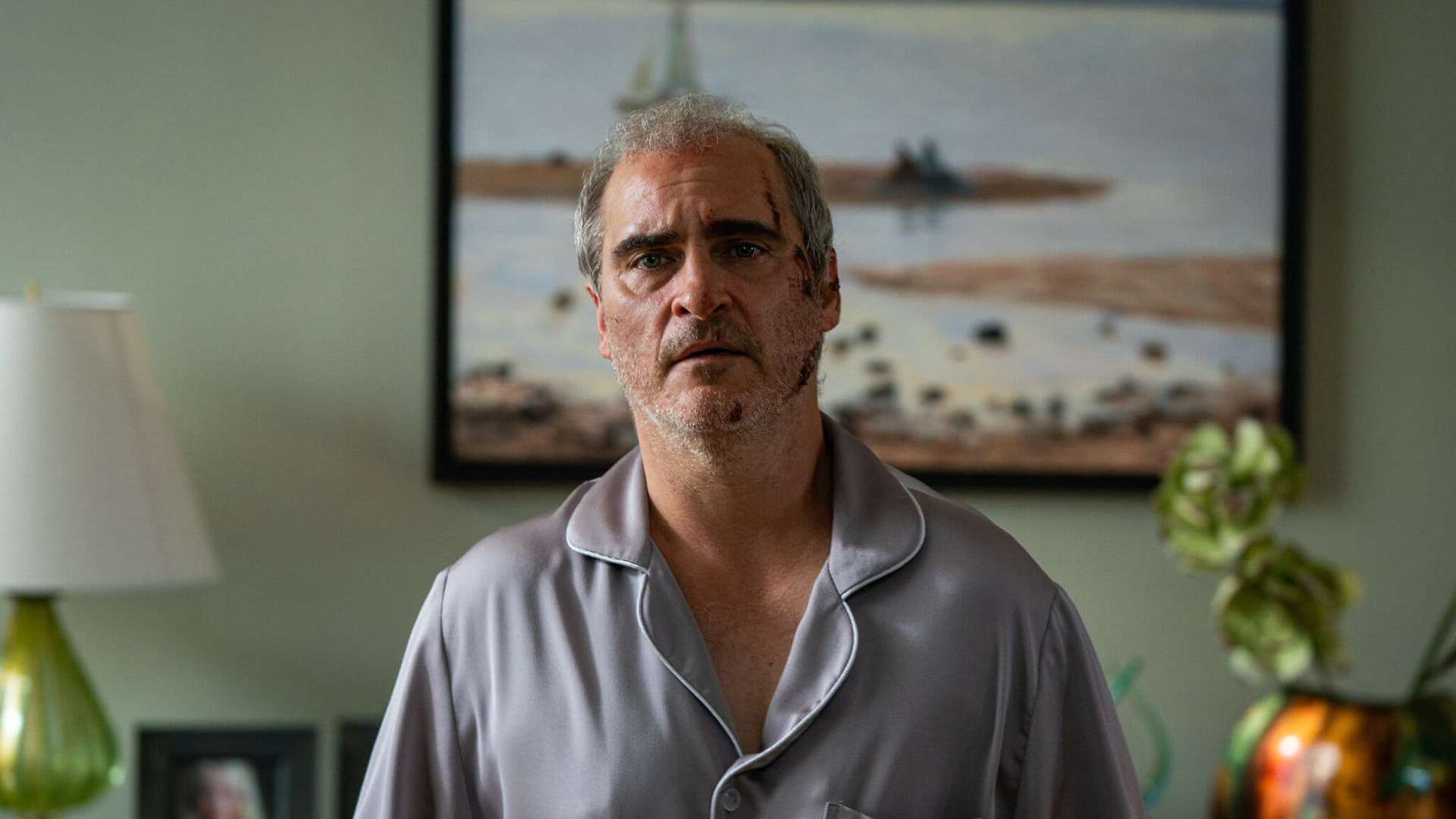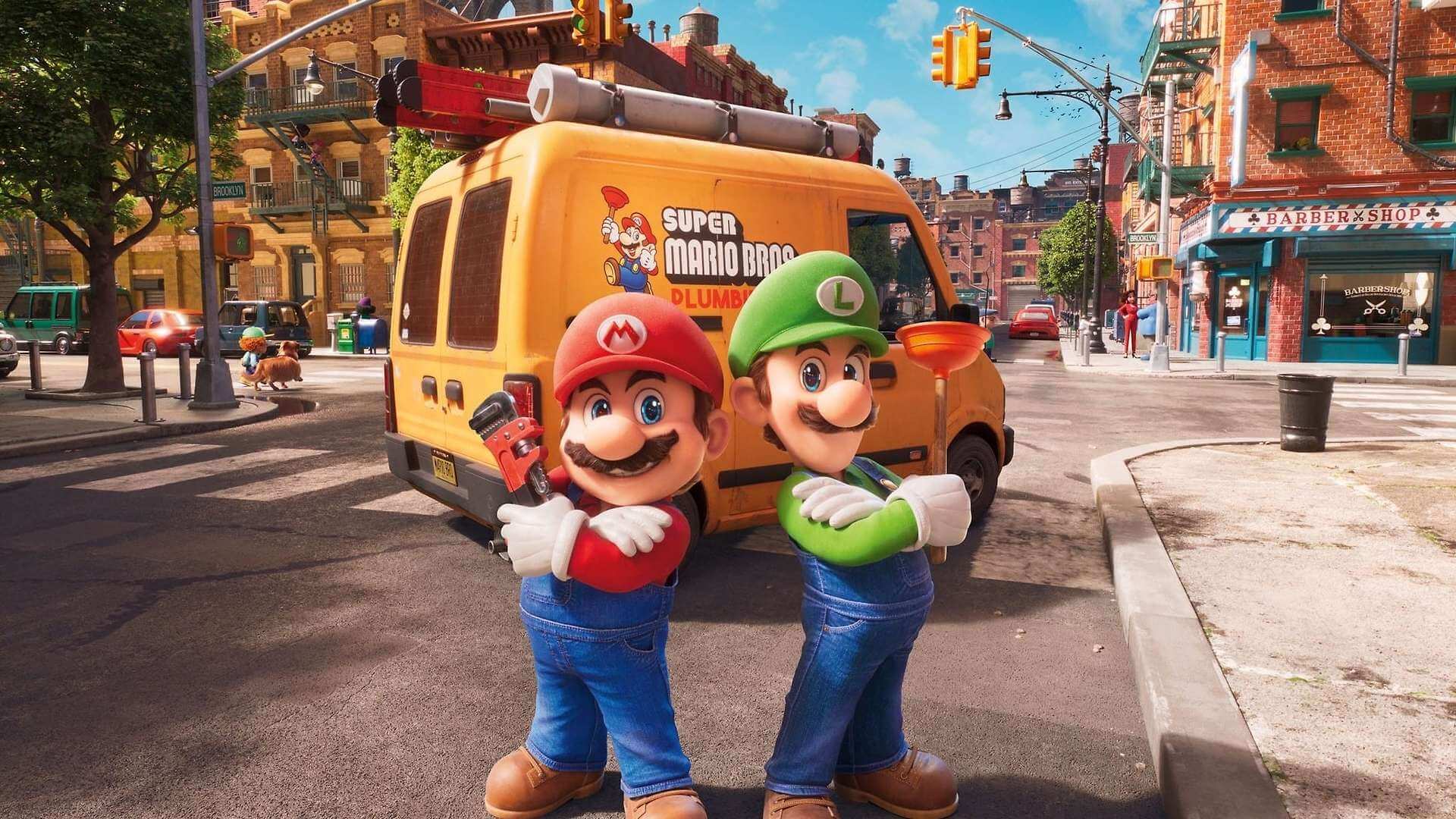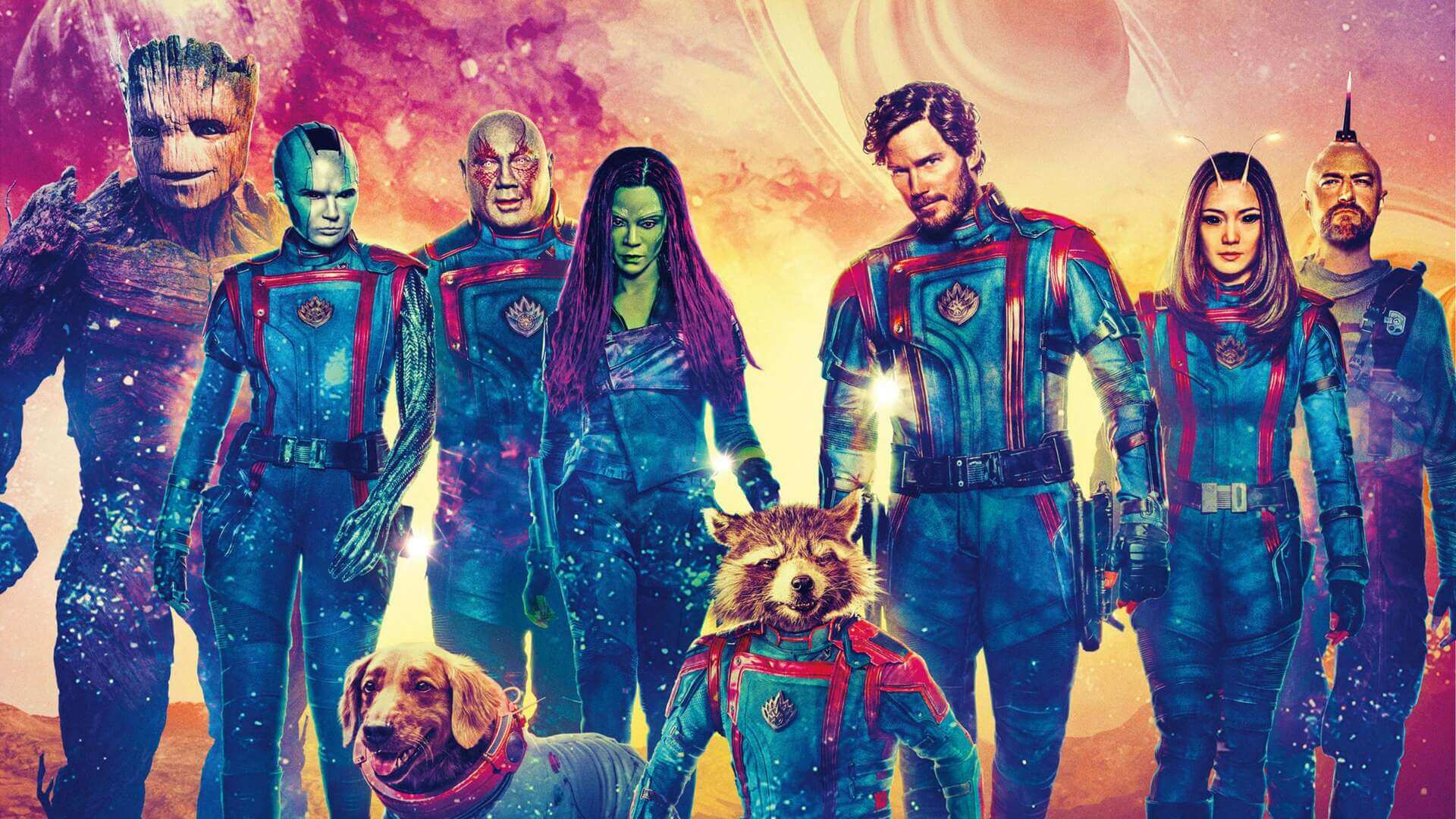
Beau Is Afraid fashions a surreal odyssey through fear and absurdity
Ari Aster has taken his signature brand of psychological horror and cranked it up to eleven in Beau Is Afraid. This time, he trades in traditional scares for a dizzying, three-hour exploration of paranoia, guilt, and existential dread. The film stars a convincingly frazzled Joaquin Phoenix as Beau, a middle-aged man whose deep-seated fears lead him on a chaotic journey. From start to finish, the movie is a relentless barrage of absurdity and dark humor, all meticulously crafted to make viewers feel just as unsettled as Beau himself.
Phoenix’s performance is nothing short of masterful. He transforms Beau into a walking bundle of nerves, his every twitch and stutter adding layers to a character who seems trapped in his own head. Watching Beau navigate one bizarre situation after another—each more disturbing than the last—is like witnessing an extended anxiety attack, and Phoenix portrays this descent into madness with a raw, haunting intensity. His portrayal perfectly complements Aster’s vision of a world that feels increasingly alien and hostile.
The film’s narrative is episodic, almost dreamlike in structure, mirroring the fragmented and unpredictable nature of Beau’s psyche. One moment, he’s in a quasi-normal setting; the next, he’s plummeting into a nightmarish sequence that feels plucked from the darkest recesses of his mind. While some viewers might find the constant shifts jarring or even pretentious, this chaotic storytelling serves to immerse the audience into Beau’s experience, amplifying the film’s themes of anxiety and fear.
Aster’s direction here is bold and unflinching, combining stark imagery with moments of surreal beauty. His use of production design and sound creates an atmosphere that is both familiar and eerily off-kilter, further enhancing the sense of unease. The film also features a strikingly eclectic supporting cast, each adding their unique flavor to the story’s bizarre tapestry. Their interactions with Beau oscillate between comedic and disturbing, keeping viewers on edge and uncertain of what’s real.
If there’s a flaw in Beau Is Afraid, it’s the sheer density of the film’s themes and symbols. Aster packs the narrative with layers of meaning, sometimes bordering on the excessive. Some scenes feel deliberately opaque, leaving audiences to sift through the surreal imagery for clues. This can be either thrilling or frustrating, depending on one’s appetite for ambiguity. Yet, it’s hard to deny that even in its most bewildering moments, the film remains viscerally compelling.
In the end, Beau Is Afraid is a daring exploration of the human psyche, one that revels in its own strangeness. Aster has crafted a film that is as uncomfortable as it is fascinating, offering no easy answers but plenty to ponder. For those willing to embrace its bizarre journey, it’s an unforgettable experience that lingers long after the credits roll.






